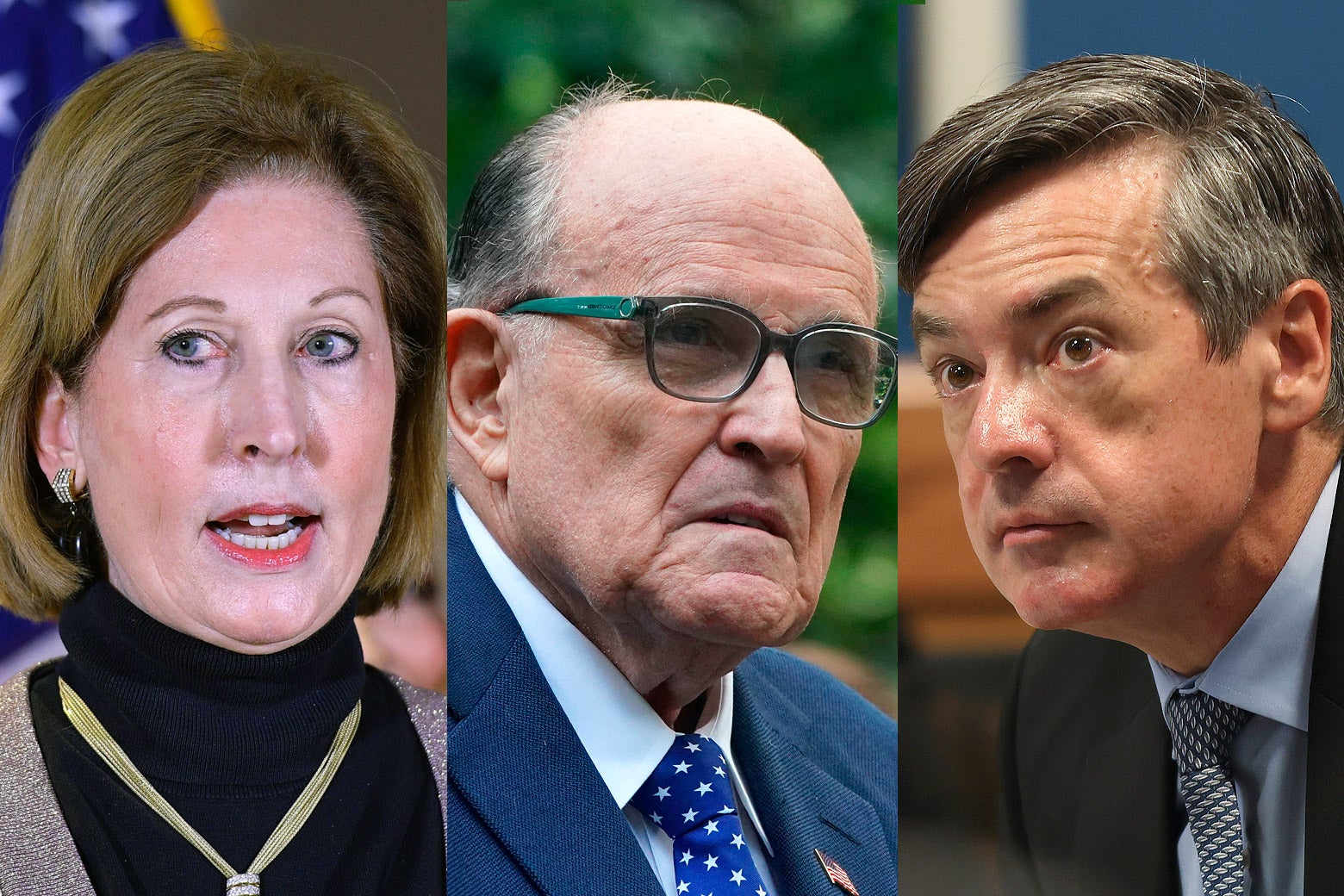That the significant cooperation under discussion involves four of Trump’s attorneys underscores the reality that the former president’s regularly touted defense that he was relying on the good-faith guidance of his attorneys during the attempted coup was, and is, nothing more than self-serving fantasy. In the courtroom—as compared with on television or in social media—he has never had the ability to offer that defense.
In court, the advice of counsel “affirmative defense” requires a defendant to prove two things: First, that he relied in good faith on his lawyer’s advice that the conduct in question at trial was legal, and second, that he made a full disclosure of all relevant facts to the attorney before receiving that advice.
Based on my four decades in the courtroom as both federal prosecutor and defense attorney, I can report that the assertion of the attorney-client privilege by a criminal defendant at trial is a black swan event—effective only with the consistent, overlapping trial testimony of both the attorney and the defendant, and the admission into evidence of any documents reflecting the communications or advice they testified about.



One thing that I think people are underestimating is that Willis’s team really didn’t want to try these two chuckleheads separately and months before everyone else.
Leverage can flow both ways, I’m sure part of the reason they got off easy was because the DA really wanted this trial not to happen.
The court itself really didn’t want to try the case. They were on defense about offering a plea.